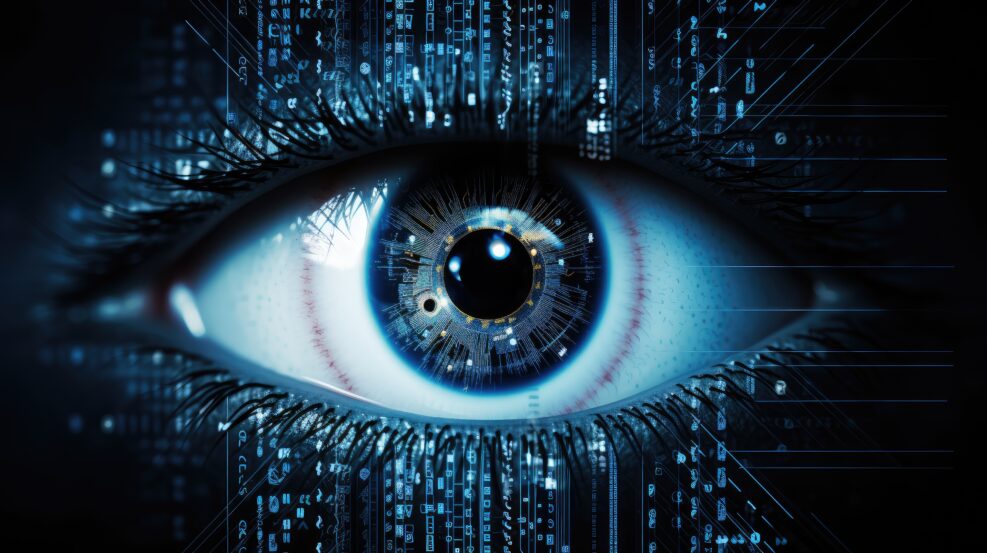
CategorySurveillance

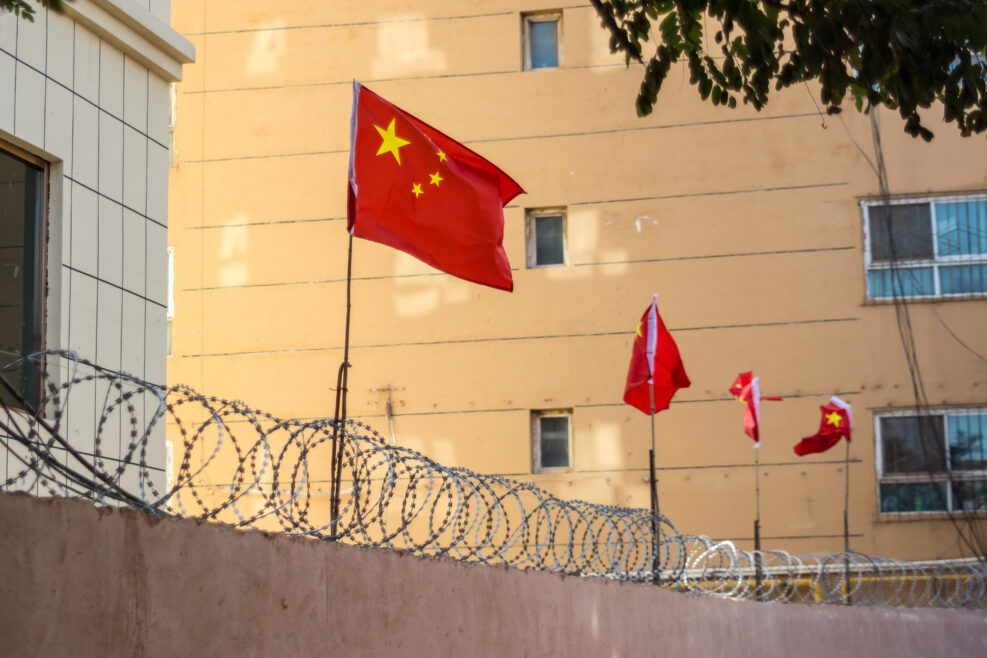
China: An inside look at Neo-Totalitarianism
Writing in the journal Dignitas, Heather Zeiger outlines the Chinese government’s attempt at total control of the everyday life of residents of XinJiang province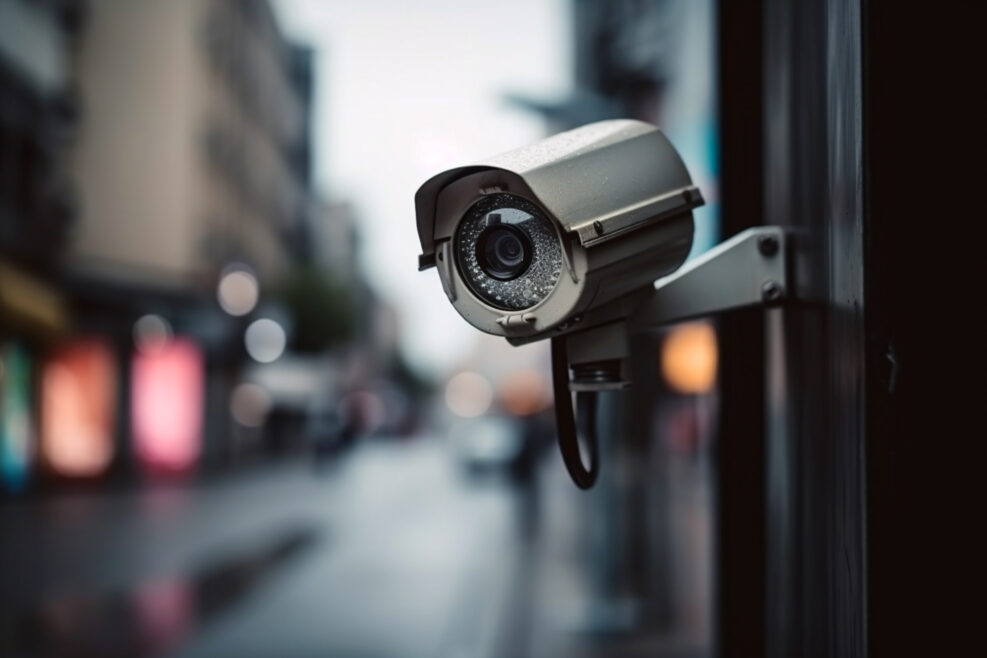
When Video Surveillance Gets It Wrong
An incident in Argentina calls the country's facial recognition tech into serious questionA new in-depth report from Wired recounts the story of an Argentinian man, Guillermo Ibarrola, who was falsely accused of a crime and pinpointed via video surveillance. According to Wired, Ibarrola spent nearly a week in custody before the “mixup” was spotted and authorities realized they had nabbed the wrong Guillermo Ibarrola. It was a data entry mistake. The case is only one of many others in Argentina’s mishaps with video surveillance, and how data mistakes can end up impacting innocent lives significantly. Karen Naundorf writes, When speaking of South America, mass surveillance technology is likely not the first thing that comes to mind. But a study by the data protection organization Access Now shows Argentina is one of the most surveilled Read More ›

Just in Case You Were Wondering, Aliens Exist (Allegedly)
The whistleblower report is out: aliens are real! At least, that's the rumor.The whistleblower report is out: aliens are real! At least, that’s the rumor. And the government has been hiding it for decades, apparently. If you needed another bizarre headline in your feed, we’ve got you covered. Although to be fair, the extraterrestrials have been in the news pretty often over the last couple of years. In 2021, the Pentagon confirmed that images of an unidentified flying object were taken by Navy personnel. Even earlier photos of similar “UFO” looking aircraft surfaced, going against strong winds and having all the appearance of highly advanced technology. Now, the whistleblower, Air Force veteran David Grusch, says that the US government recovered an alien spacecraft and has been hiding the fact for years, even Read More ›

TikTok is Storing Data in China, Contrary to Former Claims
TikTok CEO said user data isn't stored in China. Turns out it is.Many online creators and entrepreneurs give sensitive data to TikTok, the China-owned social media app, so they can do business on the platform. That includes social security numbers. TikTok CEO Shou Zi Chew told Congress earlier this year that users’ data was stored outside of China in places such as Virginia and Singapore. Apparently, however, that is an inaccurate claim. According to a report from Forbes, TikTok has indeed been storing sensitive data on Chinese servers, where employees there can access it. Alexandra S. Levine reports, A trove of records obtained by Forbes from multiple sources across different parts of the company reveals that highly sensitive financial and personal information about those prized users and third parties has been stored in China. Read More ›

New Surveillance Tech in the UK
The debate over security and privacy rights is reaching a new levelThe government in the United Kingdom is reportedly working on a new surveillance technology that could monitor the online activity of millions of people. Critics say implementing the tech in practice would be a radical intrusion of privacy. Matt Burgess writes at Wired, Haidar of Privacy International says that creating powers to collect more of people’s data doesn’t result in “more security” for people. “Building the data retention capabilities of companies and a vast range of government agencies doesn’t mean that intelligence operations will be enhanced,” Haidar says. “In fact, we argue that it makes us less secure as this data becomes vulnerable to being misused or abused.” -Matt Burgess, The UK’s Secretive Web Surveillance Program Is Ramping Up | Read More ›

About Google’s Incognito Mode — Techies Think You’ve Been Had
A recent lawsuit revealed that users may think Google is not watching them but programmers know that it isWhen Incognito mode (“If you don’t want Google Chrome to remember your activity, you can browse the web privately in Incognito mode”) was challenged in court, programmers made some interesting admissions. While 56.3 percent of respondents surveyed in 2018 thought that Incognito “prevents Google from seeing their search history,” the reality is, according to techies, “Seriously, we all know private browsing modes don’t hide us from anything other than our spouse.” This is now blowing up: Google faces a potential privacy case as a class of millions of users filed to sue it for billions of dollars over Chrome’s Incognito mode lack of genuine privacy protections. While user ignorance is never a great argument in front of a judge, court Read More ›

Oh, Not This Again: “AI Will Rise Up and Destroy Mankind”
The advances of AI raise a number of issues, yes. But the intelligences behind these advances are not artificial at allA new paper from researchers at Oxford University and Google’s Deepmind prophesies that “the threat of AI is greater than previously believed. It’s so great, in fact, that artificial intelligence is likely to one day rise up and annihilate humankind … Cohen says the conditions the researchers identified show that the possibility of a threatening conclusion is stronger than in any previous publication.” (MSN, September 15, 2022) How? Why? The research paper predicted life on Earth turning into a zero-sum game between humans and the super-advanced machinery. Michael K. Cohen, a co-author of the study, spoke about their paper during an interview. In a world with infinite resources, I would be extremely uncertain about what would happen. In a world Read More ›
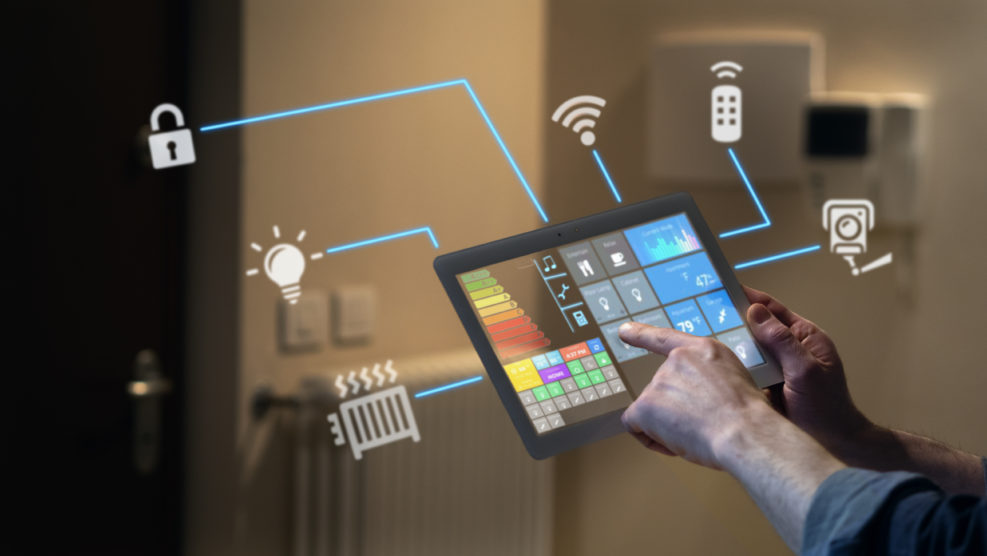
Never Mind Alexa; Is Even Roomba Spying on Us?
No, that’s not a conspiracy theory. It’s easy and profitable today to embed monitoring apps — and people don’t seem to mindIn PC Mag’s “Best Home Smart Devices for 2022,” tech reviewer Angela Moscaritolo tells us “My house is working toward a PhD. Little by little, it’s getting smarter.” No. That house is not getting any smarter. But smart people — whom no one asked in — are getting to know way more about what goes on in it. A couple of data management scientists recently offered some thoughts about that: Back in 2007, it would have been hard to imagine the revolution of useful apps and services that smartphones ushered in. But they came with a cost in terms of intrusiveness and loss of privacy. Smart devices collect a wide range of data about their users. Smart security cameras and Read More ›

Why Don’t Some Tech Moguls Like Web3, the New Internet?
Web3 is a decentralized, less controlled version of the internet, as George Gilder predicted in Life After GoogleIn this week’s podcast, “Web3: The next generation of the internet” (August 4, 2022), Walter Bradley Center director Robert J. Marks interviews graduate student Adam Goad and Dr. Austin Egbert, both in computer engineering at Baylor University, on the coming decentralization of the internet. With developments like the ones they discuss looming, Big Tech may be seeing a waistline trim. This is the Part I of the first of the three discussions. https://mindmatters.ai/wp-content/uploads/sites/2/2022/08/Mind-Matters-198-Adam-Goad-Austin-Egbert.mp3 A partial transcript and Additional Resources follow. Dr. Marks began by discussing all the services he gets from Google, confessing that he has not needed to go to a library in over two decades. But… Robert J. Marks: Now, is Google just being nice in giving me Read More ›

Can Your Social Media Posts Sink Your Credit Rating? Maybe…
With AI tools, your posts or the time of day you apply for a loan might matter. Is that fair to you? Did you even know?University of Georgia law prof Lindsay Sain Jones and Virginia Tech law prof Janine Hiller offer what should be startling news: What does your SAT score mean for your ability to pay off a car loan? What does your Facebook feed say about your chances of landing a mortgage? And, what does your propensity for snacking on road trips mean for your credit score? The answers: More than you think. Traditional credit scoring is based on a person’s demonstrated ability to take on debt and pay it off. But with the dawn of larger data pools and access to more sophisticated modeling programs, lenders and credit agencies are taking more nonfinancial factors into rating creditworthiness, particularly those without an extensive Read More ›
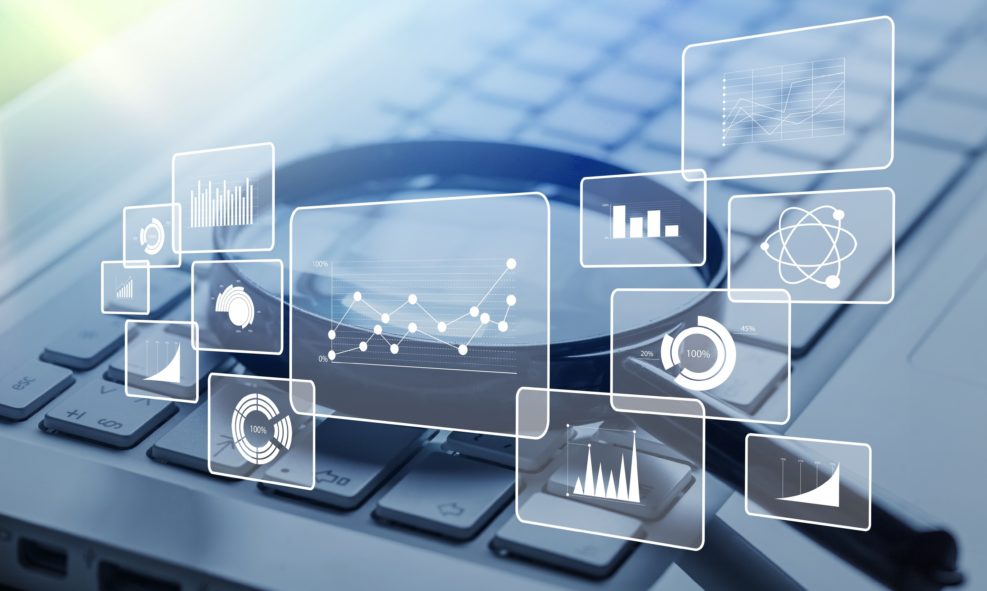
Life Beyond Google Search: Try the Other Search Engines
Recently, DuckDuckGo was found to be tracking users sometimes, due to a deal with Microsoft. No matter, there are many search engines now…Search engine DuckDuckGo — famous for not tracking users — lost some favor recently, after its CEO had to admit that it does sometimes track users: Security researcher Zack Edwards this week revealed that DuckDuckGo’s mobile browsers allow some Microsoft sites to bypass its block on trackers. While the browser blocks Facebook and Google trackers, DuckDuckGo makes an exception for some of Microsoft’s. Edwards found that the browsers allow allows data to be sent to Microsoft’s LinkedIn and Bing domains DuckDuckGo said the exemption was due to a search agreement with Microsoft. Thomas Macaulay, “DuckDuckGo faces widespread backlash over tracking deal with Microsoft” at The NextWebMay 26, 2022 DuckDuckGo’s CEO Gabriel Weinberg pointed out to disappointed users that the company Read More ›

How China’s Pre-Crime Algorithms Work — and Their Fatal Flaw
The algorithms target, for example, those who complain about or draw attention to social injustices and abusesIn a previous article, we looked at the way George Orwell ’s dystopian 1984 is looking less and less like fiction as the Chinese Communist Party exploits the capabilities of AI and Big Data to surveil its entire population. But beyond surveilling citizens’ movements in real time, the CCP also hopes to predict crimes and protests before they happen. In a follow-up story in the New York Times, Paul Mozur, Muyi Xiao, and John Lui look at how the CCP is also bringing the dystopian world of Philip K. Dick ’s Minority Report (2002) to real life, with one difference: Rather than human “precogs” who can predict the future, the CCP relies on algorithms that can interrogate large swaths of Read More ›
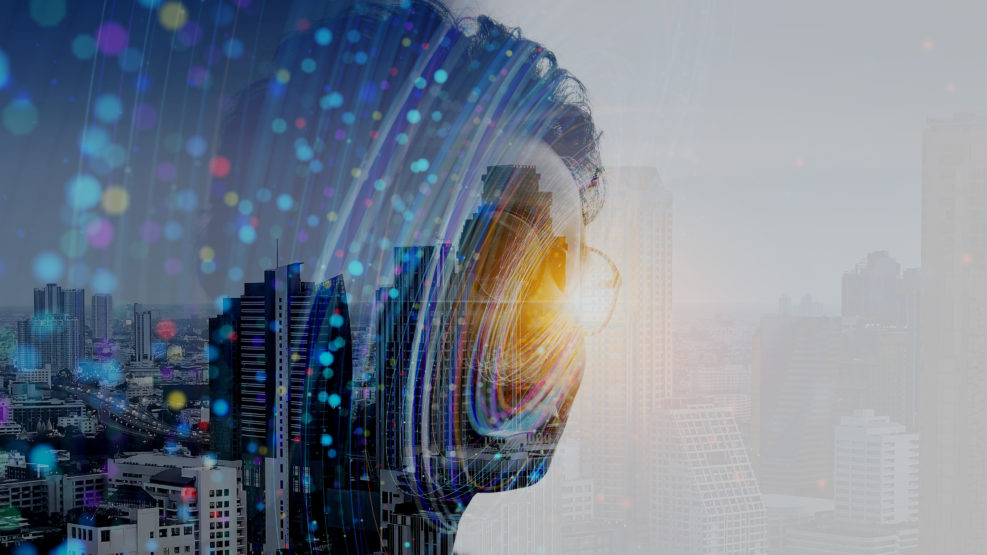
Google’s Most Ambitious Project to Date: Reshaping Your Thinking
Controlling so much communication — and fired up by ideology — it’s in a better position for that than many supposeIn a column yesterday at Spiked, urban studies specialist Joel Kotkin, author of The Coming of Neo-Feudalism: A Warning to the Global Middle Class (2020), provided depressing evidence that the power of Big Tech is beginning to genuinely resemble the power medieval lords had over their serfs. It’s not just an office joke any more. Google, he recounts, was part of an anti-authoritarian high tech culture when it went public in 2004. Its search engine technology, and others, were seen as empowering the little guy. In 2018, for unclear reasons, Google dropped the famous “Don’t be evil” slogan. Since then, in Kotkin’s view, it is “increasingly becoming a force not for good, but for, well, evil.” He musters an impressive Read More ›

Big Brother Is Watching You (And Trying to Read Your Mind)
Chinese researchers now claim to have developed technology that can read our mindsOne of the most popular story lines in the widely acclaimed television show The Good Wife (2009–2016) is when National Security Agency (NSA) techies entertain themselves by eavesdropping on the heroine’s personal life. It clearly resonated with viewers and reinforced the fears of many that the NSA might be listening to their conversations. Indeed, they might be. In 2013 James Clapper, Director of National Intelligence, was asked by U.S. Senator Ron Wyden about whether NSA collects “any type of data at all on millions or hundreds of millions of Americans.” Clapper answered, under oath, “No sir, not wittingly.” Clapper had been informed the day before that he would be asked this question and he was offered an opportunity the day Read More ›

Largest Data Grab Ever Stole Shanghai’s Mass State Surveillance
The police, dutiful in monitoring everyone, flunked data security. Now it’s all for sale on the Dark WebBeijing wants to create a centralized database with personal information on everyone living in China. To do that, the government saves massive amounts of data acquired through surveillance technologies such facial and voice recognition and cell phone monitoring. In a previous article, we saw that the Chinese government’s surveillance network is much more extensive than once thought. However, while the Chinese government has prioritized collecting massive amounts of data, it has not prioritized protecting it. Thus, a hacker has acquired police data files on 1 billion Chinese residents (approximately 23 terabytes of data) from the Shanghai National Police database. The files include name, national ID number, cell phone number, birthdate, birthplace, ethnicity, education level, marital status, and delivery records. They Read More ›
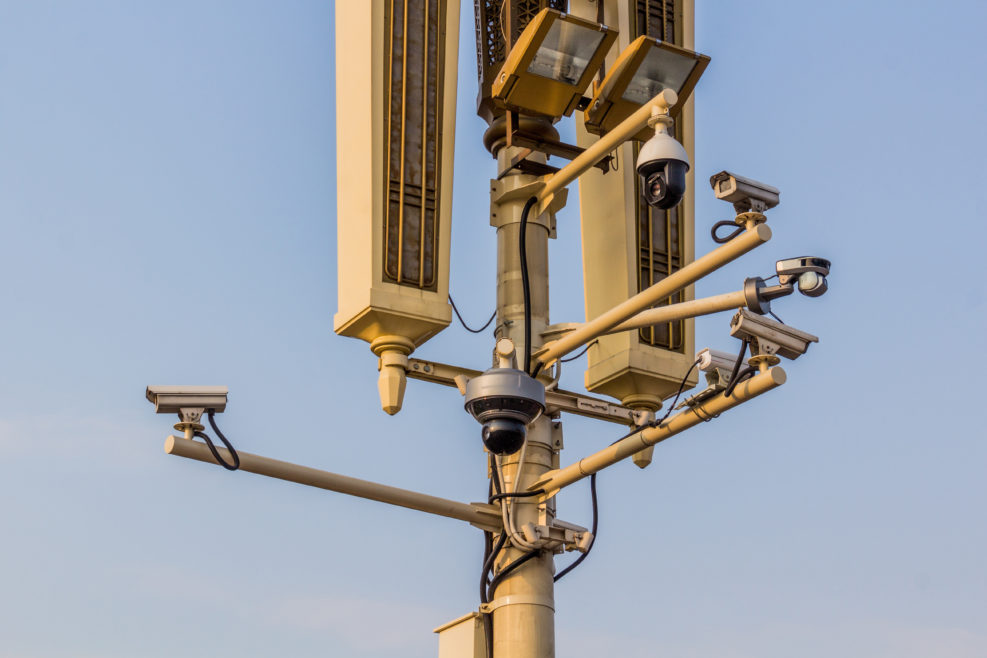
China Is Quite Serious About Total Surveillance of Every Citizen
Local governments are buying enough surveillance equipment to constantly watch 1.6 billion people, documents showThe telescreen received and transmitted simultaneously… There was of course no way of knowing whether you were being watched at any given moment… It was even conceivable that they watched everybody all the time. But at any rate they could plug in your wire whenever they wanted to. You had to live — did live, from habit that became instinct — in the assumption that every sound you made was overheard, and, except in darkness, every movement scrutinised. – George Orwell, 1984 The New York Times in partnership with ChinaFile has come out with a new report on the extent of China’s surveillance state. It is nothing short of an attempt to achieve total surveillance of its 1.4 billion people: Read More ›

Forget Your Password? Apple Wants To End Them for Good But…
Do you want to give Apple your face- and fingerprints, maybe other “biometrics” down the road…?We’ve all heard the tales of woe about people whose password was “password” or “123456” or “BertJones”. Currently, Big Tech, tired of the flak and the fallout, is trying to end passwords. Here’s Apple’s approach: When Apple’s latest software updates for iPhones, iPads and Macs arrive this fall, they will include a way for users to log into various online accounts without entering passwords or relying on password managers to save and fill in credentials. The technology generates unique passkeys for each app or browser-based service in the place of characters. Those passkeys, a new type of identity authentication, prompt a scan of your face or fingerprints to log you in… Passkeys, like those from Apple, are made up of Read More ›

NASA Cuts Out the Yuk Yuks, Gets Serious About UFO Research
This fall the space agency is hiring top scientists to tackle “some of the most perplexing mysteries”A leading science news release site tells us that NASA is officially joining the hunt for UFOs. The nine-month project, which will see leading scientists examine the most puzzling images, is expected to begin in the fall and last nine months: “Over the decades, NASA has answered the call to tackle some of the most perplexing mysteries we know of, and this is no different,” Daniel Evans, the NASA scientist responsible for coordinating the study, told reporters on a call. News, “NASA gets serious about UFOs” at Phys.Org (June 9, 2022) Phys.org comments, “The announcement comes as the field of UFO study, once a poorly-regarded research backwater, is gaining more mainstream traction,” adding “Another overarching goal of NASA is to Read More ›

The Internet Is Freedom? Not for Exiled Democracy Activists
Modern electronic communications ensure that persecution need not stop at the border, as many expat Chinese are discoveringEarlier this month, the U.S. Department of Justice announced that a U.S. citizen and four Chinese intelligence officers “had been charged with spying on “prominent dissidents, human rights leaders and pro-democracy activists” in the United States on behalf of the People’s Republic of China (PRC). Americans and others who live in open societies may not be aware of this transnational oppression problem if they do not have contacts who have escaped totalitarian regimes. Briefly, today, the persecution doesn’t stop at the border. Modern electronic communications are part of the reason why not: “If anyone doubts how serious the Chinese government is about silencing its critics, this case should eliminate any uncertainty,” said Acting Executive Assistant Director Alan E. Kohler Jr. Read More ›